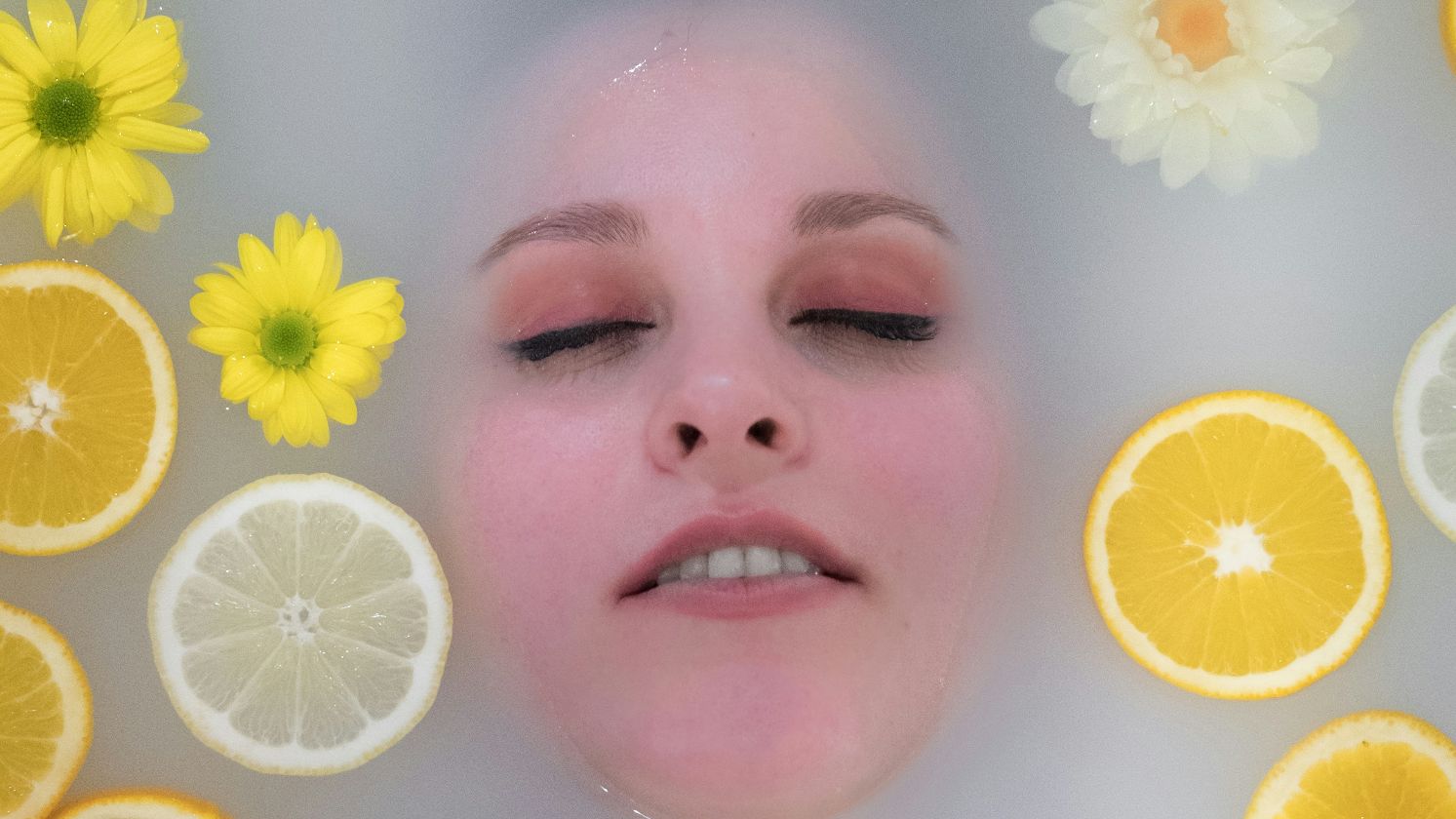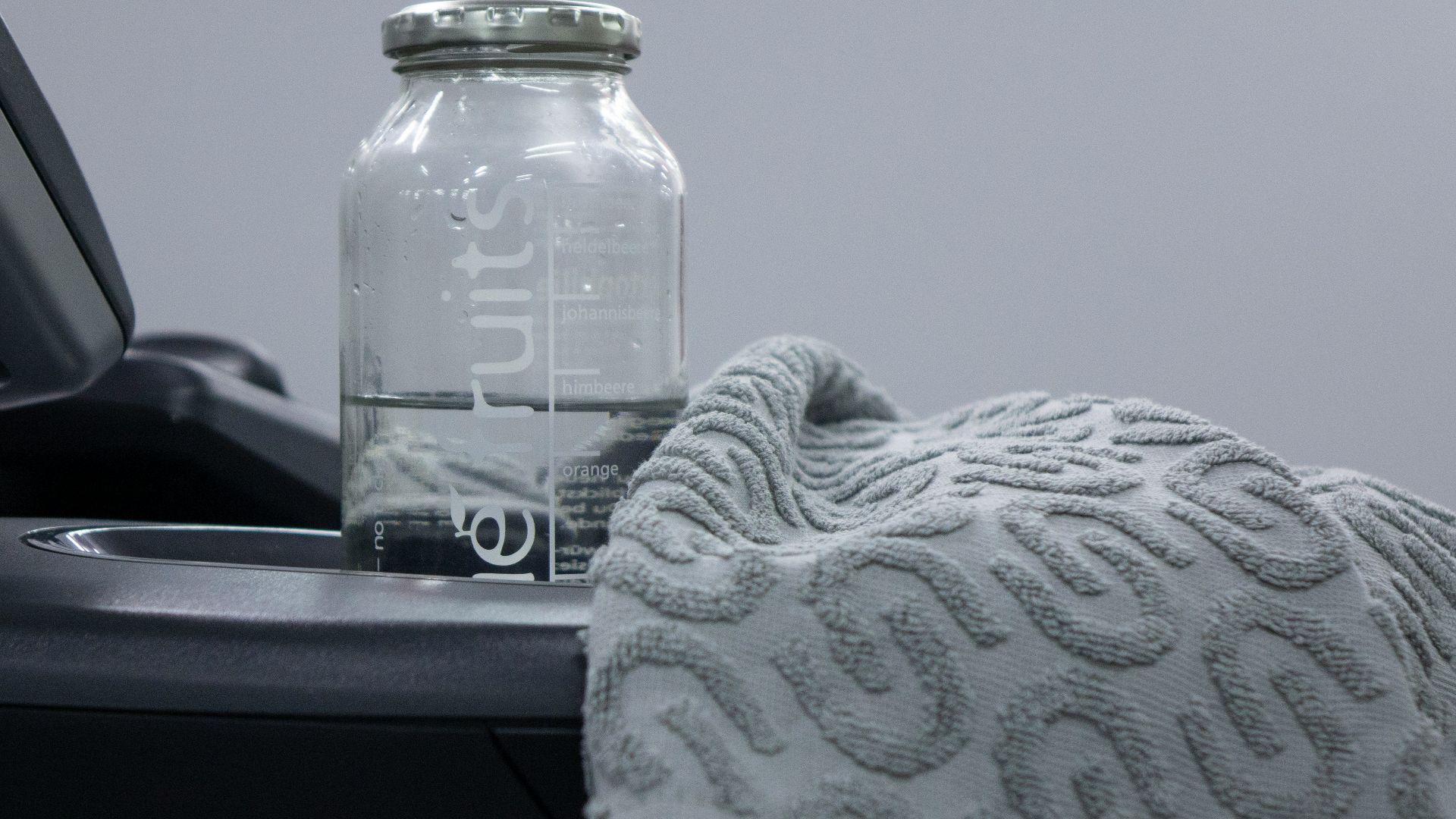Save Money, Use Yogurt
With all the products out there nowadays, it can be hard to know what is trustworthy and what isn’t. Luckily, there are many cost-effective ways of treating the skin from your own kitchen, as many of our favorite ingredients are good for the skin as well as the stomach. Of course, always make sure to do a patch test before slapping something onto your face, as you never know how your skin is going to react!
 Praveen kumar Mathivanan on Unsplash
Praveen kumar Mathivanan on Unsplash
1. Honey
Honey has several antibacterial and anti-inflammatory properties. It’s said to help cleanse pores, reduce acne, soothe irritation, and can also be a gentle exfoliant. Raw, unpasteurized honey is usually considered the best for your skin, and you can apply it like a face mask.
2. Yogurt
Yogurt contains lactic acid, which can help to exfoliate and brighten your skin. If you have a sunburn, the zinc and calcium contained in this probiotic powerhouse can soothe that uncomfortable feeling.
3. Tomato
Our favorite fruit contains lycopene, a red-colored antioxidant, and Vitamin C, which can protect against sun damage. Tomatoes also contain astringents, which can help with oily-prone skin and visually shrink the pores.
4. Coconut Oil
Coconut oil is a catch-all for moisturization, as it can be used as a makeup remover, lotion, or hair mask. The oil contains fatty acids, anti-inflammatory properties, and antioxidants, which can all help to reduce inflammation and help with UV ray protection.
5. Aloe Vera
Aloe vera has been a long-standing staple in the skincare world, and it helps with anything from sunburns to acne. The vitamins, minerals, and enzymes contained within aloe can also promote wound healing and collagen production.
 Katherine Jenswold on Unsplash
Katherine Jenswold on Unsplash
6. Apple Cider Vinegar
Apple cider vinegar is really good for cleansing skin and hair, thanks to its antibacterial and antifungal properties. Applying it as a toner can keep acne at bay, and using it as a hair rinse can remove any built-up residue that might be sitting in there.
7. Castor Oil
Castor oil is full of a fatty acid called ricinoleic acid, and can be a very hydrating and skin-softening product when applied to skin, hair, or eyelashes. However, you can use too much, which can be irritating - so be careful.
8. Tea Tree Oil
Tea tree oil is a good acne-managing product and is well-loved for cleaning skin and hair. However, it can be very, very drying, so it should always be mixed with a carrier oil. It’s also poisonous, so don’t get it anywhere close to your mouth!
9. Cucumber
Cucumber can help with hydration and contains vitamin C, which can help with puffiness. It’s also considered quite cooling, which can reduce pain from sunburns, rashes, or other small injuries. We always see cucumbers laid over the eyes while at a spa, but cucumbers are also quite effective as a face mask or even as a toner.
10. Argan Oil
Argan oil is considered non-comedogenic, so it won’t block your pores. It’s also said to be rich in Vitamin E, antioxidants, and fatty acids, all of which can improve your skin's elasticity and help with dryness, eczema, and acne.
11. Rice Water
Rice water is an incredible method of keeping your hair long, healthy, and de-frizzed. The starch, inositol, amino acids, vitamins, and other minerals contained within rice water will not only retain moisture but will also balance your scalp’s pH, increase shine, and make it feel better overall.
12. Sea Salt
There’s a reason why sea salt scrubs are so popular. Sea salt can exfoliate the skin, boost circulation, and help with certain skin conditions like eczema. However, it is extremely drying, so it’s important to make sure you’re using it properly.
13. Glycerin
Glycerin is a naturally occurring liquid that comes from vegetable oil or animal fat, and is commonly found in hydrating skincare products. You can use raw glycerin on your face, but it’s recommended to dilute it with water, as it can pull water from your skin if you apply it dry.
14. Green Tea
Green tea is good for just about anything, skincare included. Chock-full of antioxidants, green tea can reduce signs of aging, help with acne, reduce inflammation, protect against sun damage, improve hydration, and may even help with puffiness, just to name a few.
15. Oatmeal
Colloidal oatmeal (finely ground whole oats) is a very moisturizing and soothing product that can be a wonderful addition to your cleansing routine, or as a face mask. In fact, this specific type of oatmeal is recognized by the FDA as a skin protectant.
16. Papaya
Papaya is quite popular as a chemical exfoliator, as it contains enzymes, vitamin C, and lycopene. It’s also said that payapaya can hydrate your skin, promote wound healing, and reduce the appearance of acne scars and hyperpigmentation.
17. Witch Hazel
Witch hazel is quite popular for anyone struggling with acne, redness, or oily skin. However, it should be noted that witch hazel is quite drying, and many skin-specific store-bought witch hazels may contain alcohol, which is not helpful for the skin.
18. Turmeric
Turmeric is an anti-inflammatory product that can also help against acne, promote wound healing, lighten dark spots, and brighten the skin. We’d recommend using turmeric in a face mask or incorporating it into your diet for its many benefits.
 Md Shakil Photography on Unsplash
Md Shakil Photography on Unsplash
19. Avocado
This popular food is full of natural oils and fatty acids that can help create a barrier for your skin. Not only that, avocado can reduce inflammation, boost collagen production, and soothe dry skin. Use avocado in a face mask, or enjoy that wonderful avocado toast.
20. Besan
Besan is a gluten-free flour typically made from chickpeas and is quite popular in India as a cooking ingredient. However, besan can also help to exfoliate the skin and control oil, making your skin look brighter and more moisturized.
KEEP ON READING

























